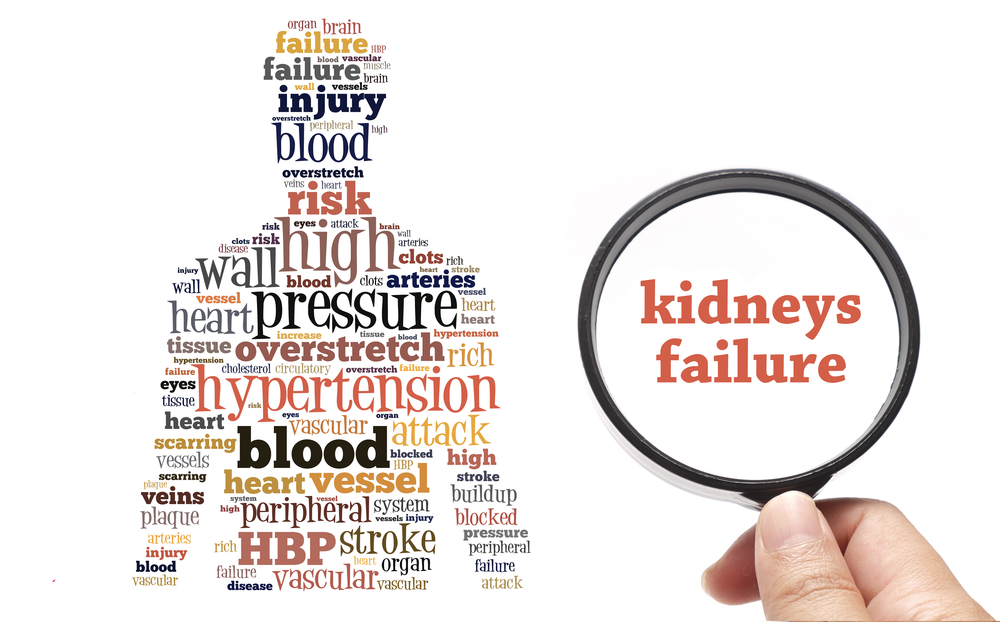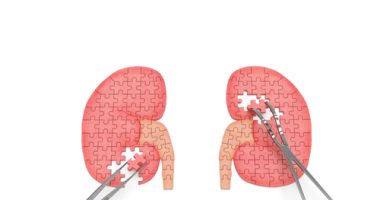Alport Syndrome-linked Hypertension Treated with Simple Procedure in Case Study

High blood pressure (hypertension), very common in patients with chronic kidney disease stage 5 and Alport syndrome, is known to raise these patients risk of death due to cardiovascular complications.
Now researchers report that hypertension associated with Alport syndrome might be treated with kidney nerve denervation, a technique that destroys certain blood vessels in the kidney to lower blood pressure.
The study, “Renal Denervation In A Patient With Alport Syndrome And Rejected Renal Allograft,” was published in the Indian Heart Journal.
Kidney nerve denervation (or renal sympathetic nerve denervation, SND) is a novel and minimally invasive procedure to treat hypertension resistant to drug therapies.
This technique involves applying radiofrequency energy in short bursts, through a catheter, along the length of the main renal arteries to destroy renal nerves in their vicinity. The treatment causes a reduction in kidney activity and a decrease in blood pressure.
Kidney denervation was seen to be both safe and efficient in treating resistant hypertension in two trials, Symplicity HTN-1 and Symplicity HTN-2 (NCT00888433).
Patients received this therapy in combination with conventional antihypertensive medications, and showed sustained improvement in blood pressure levels after the treatment.
However, this technique has never been used in patients with Alport syndrome. For this reason, the doctors reported the case of a 19-year-old patient with CDK stage 5 due to Alport syndrome, and a kidney transplant failure.
His body rejected the transplant one year after surgery, so he started hemodialysis. The patient then developed hypertension and, despite all efforts to decrease blood pressure, it became resistant even to treatment with six different drugs.
Doctors then planned the renal denervation procedure. Before the treatment, the patient’s blood pressure was 244/132 mmHg. One day after denervation treatment, his blood pressure levels had dropped to 141/92 mmHg while on the same six medications. Initially, the patient was followed every three months; then, after one year of follow-up, observed every six months up to two years post-treatment.
“Progressive and sustained reduction of blood pressure was obtained post-procedure and at 24 months follow-up with antihypertensives decreased from 6 to 2 per day, thereby demonstrating the safety, feasibility, and efficacy of the procedure,” the authors wrote.
According to the researchers, a conventional radiofrequency catheter can be used and reused in this procedure, decreasing the treatment’s cost.
“Cost reduction was important in our case where he has undergone renal transplant and on maintenance hemodialysis, which is expensive,” they noted.







Comments